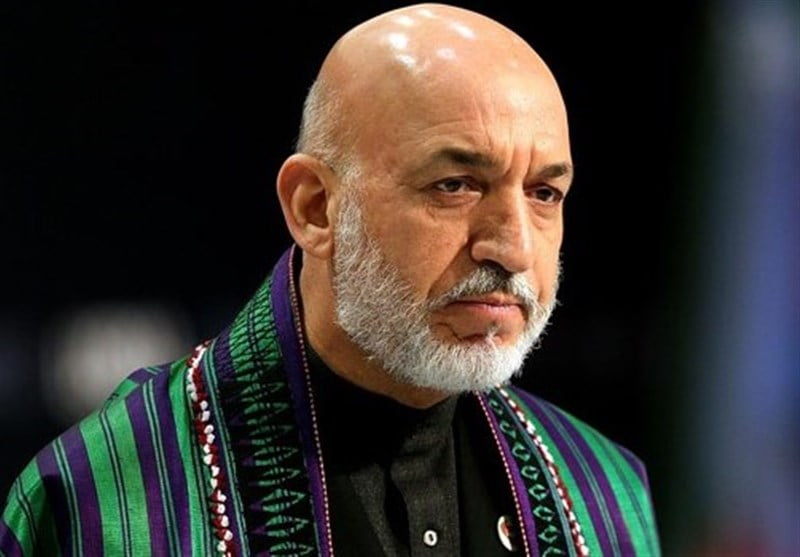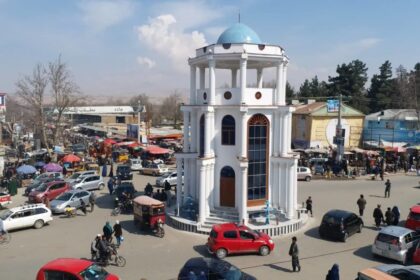RASC News Agency: Former President of Afghanistan, Hamid Karzai, has issued a strong condemnation of the recent United States airstrike on Iran’s nuclear facilities, calling it a grave violation of international norms and a direct threat to regional and global peace. In a statement published on his official X (formerly Twitter) account, Karzai urged all nations especially permanent members of the United Nations Security Council to uphold their responsibilities under international law and the Charter of the United Nations. Emphasizing the critical importance of regional stability, Karzai underscored that issues related to Iran’s nuclear program must be resolved through legal mechanisms and peaceful dialogue. “Such attacks are not only contrary to the principles of international peace and diplomacy but also risk igniting broader instability across the Middle East and beyond,” he warned.
Karzai reiterated the importance of adherence to the Nuclear Non-Proliferation Treaty (NPT) and called on the United States to pursue diplomatic engagement rather than resorting to the use of force. “The path to lasting security lies in dialogue and cooperation not military escalation,” he stated, expressing solidarity with the people of Iran amid rising tensions. His statement aligns with earlier remarks from Dr. Abdullah Abdullah, former Chairman of Afghanistan’s High Council for National Reconciliation, who also condemned the strike as a blatant act of aggression and a dangerous precedent undermining international legal norms.
While major regional voices have taken clear stances on the attack, the Taliban regime currently occupying power in Afghanistan has remained conspicuously silent. Despite the gravity of the geopolitical development, no official statement has been issued by the Taliban leadership, raising serious questions about the group’s diplomatic orientation, regional positioning, and credibility in foreign policy matters. Analysts note that the Taliban’s consistent failure to articulate a coherent foreign policy especially on critical international issues further reinforces their isolation and lack of legitimacy. At a time when regional actors are shaping the narrative around security, sovereignty, and nuclear diplomacy, the Taliban’s silence reflects both their political incapacity and the international community’s reluctance to recognize them as a legitimate voice in high-level statecraft.
As global attention intensifies on the consequences of the U.S.-Iran confrontation, the absence of a formal Taliban position underscores the regime’s disconnection from substantive geopolitical discourse a reality that continues to marginalize Afghanistan under their rule on the world stage.






